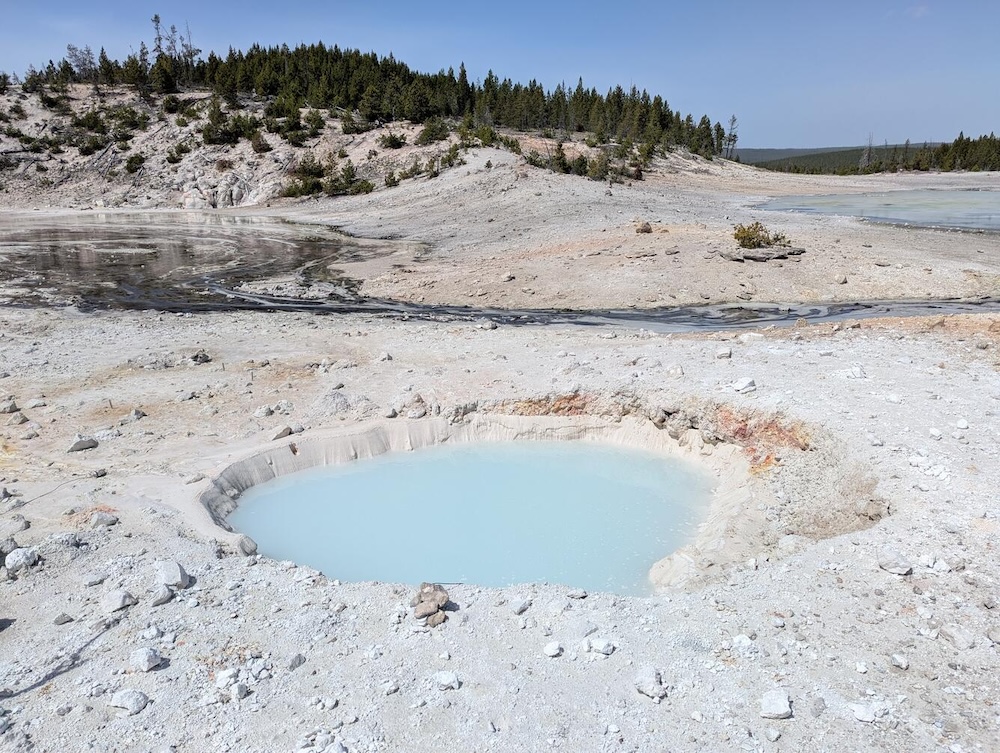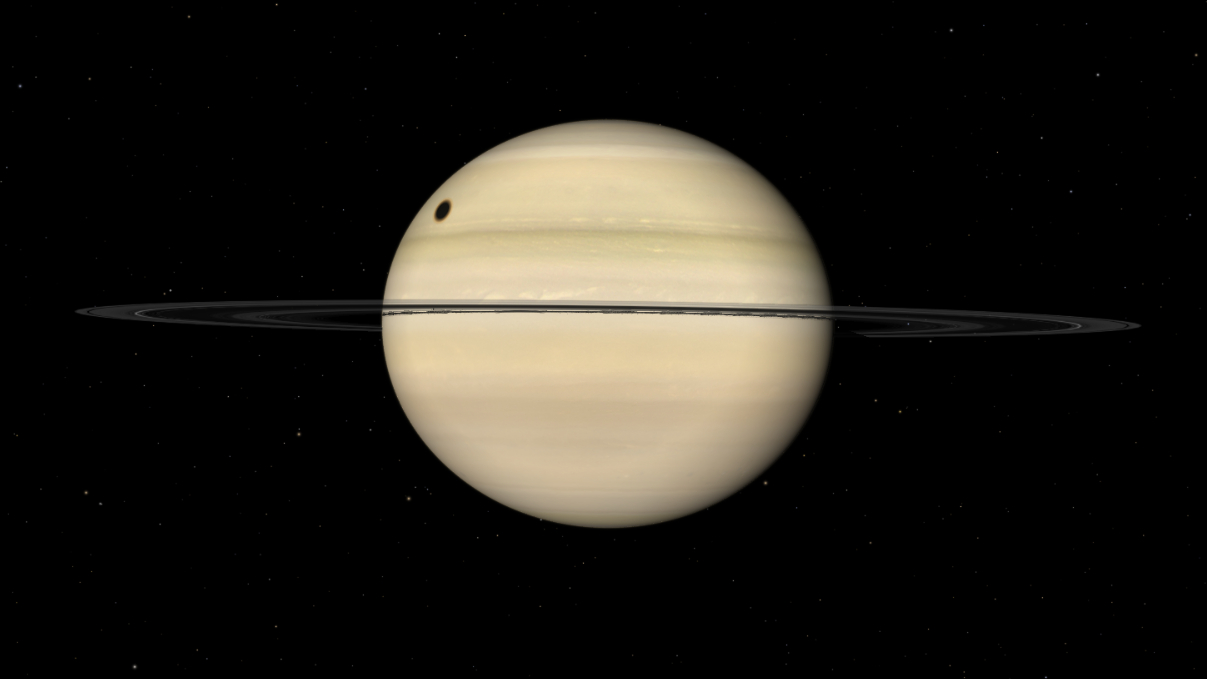From ancient myths to modern science, why are we so determined to prove life exists beyond our … [+]
getty
When we gaze at the night sky and ask ourselves, “Where is everybody?”, it is a uniquely human experience. Physicist Enrico Fermi posed this question in the 1950s, highlighting the paradox of our probable but unseen cosmic neighbors. Given the vastness of the universe and the likelihood of other civilizations, why haven’t we made contact?
These seemingly simple yet profound inquiries delve into a deeper psychological longing that has persisted throughout history—the desperate desire to know if we are alone. While the idea of advanced civilizations existing out there can be terrifying, the absence of such civilizations is equally unsettling. Are we, as a species, forever confined to Earth? Is our home planet both our cradle and our prison, or is there potential for humanity to break free and find its place among the stars?
Perhaps this explains why conspiracy theories about aliens, accounts of unidentified aerial phenomena, and the discovery of hycean planets gain traction so quickly.
Our fear of cosmic solitude mirrors an inherent fear of isolation in our own lives. By grappling with the vastness of space, we confront our own vulnerabilities, desperately seeking assurance that we are not mere solitary whispers in this grand expanse.
Here are two ideas that can offer comfort in the face of the unknown.
1. Curiosity Counters the Fear of Cosmic Loneliness
While the emotional implications of our cosmic solitude are profound, our inherent curiosity provides hope and understanding. Our insatiable curiosity has pushed boundaries, shaped eras, and revealed the unknown. A study published in Neuron in 2015 highlights this phenomenon, uncovering the brain’s intrinsic mechanism that rewards the exploration of the unfamiliar. This research links curiosity to brain regions associated with anticipation and memory.
Furthermore, a 2018 study published in Frontiers in Psychology explored how humanity might react to the discovery of microbial alien life. By analyzing linguistic cues from past discoveries and gauging reactions to hypothetical announcements, the study found overwhelmingly positive sentiments. In fact, most reactions leaned more towards reward than risk. Interestingly, individual forecasts displayed greater positivity compared to general forecasts about how humanity as a whole would react.
While this does not provide a definitive answer on how we would handle the revelation of intelligent extraterrestrial life, it emphasizes humanity’s innate curiosity. Our tendency to approach the cosmos with optimism rather than fear demonstrates that our thirst for knowledge remains a driving force amidst the unknown.
2. Shared Stories and Myths Illuminate Our Cosmic Curiosity
In a world marked by divisions, stories have always served as a common thread. These narratives are not mere escapism; they resonate with our shared aspirations and concerns, offering solace in the vast cosmic theater.
A study published in PNAS in 2014 underscores the communicative power of stories. It illustrates how stories can enhance our understanding of complex scientific concepts by grounding the abstract in the familiar. They bridge gaps, making the mysteries of the universe more accessible. Moreover, immersing ourselves in these tales cultivates empathy, broadens our perspectives, and nurtures a sense of global unity.
In a world where humanity is often divided, these narratives emerge as a unifying force. They remind us that our shared curiosity, wonder, and longing for connection in the vastness of space transcend our differences, forging a bond in our collective quest for understanding.
Conclusion
As we grapple with life’s biggest questions and seek answers and connections, two elements remain unwavering: our innate curiosity and the stories that connect us. Both serve as beacons, guiding us through the cosmic darkness.













